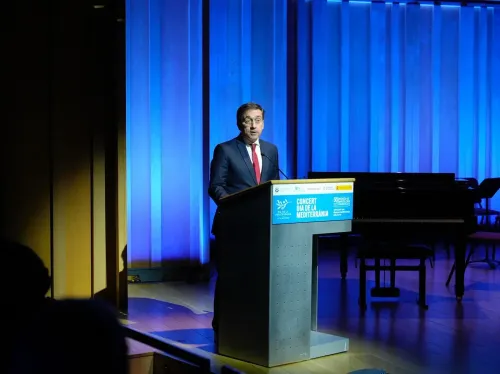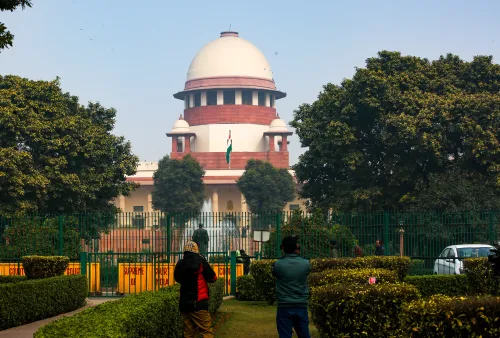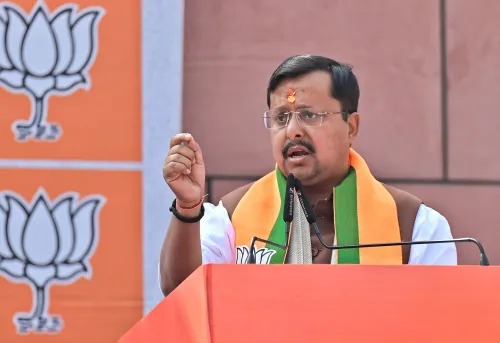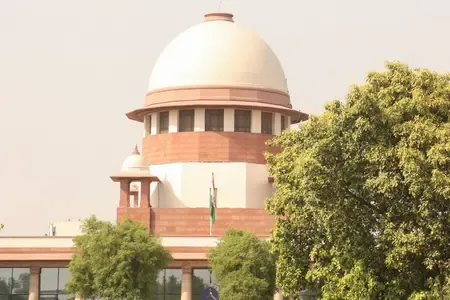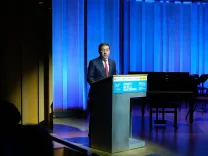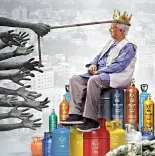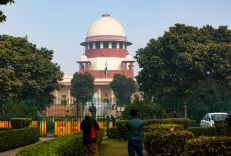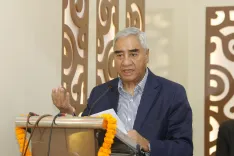Why Has the Bengal Government's Directive to Include CM Mamata's Books in Schools Sparked Controversy?
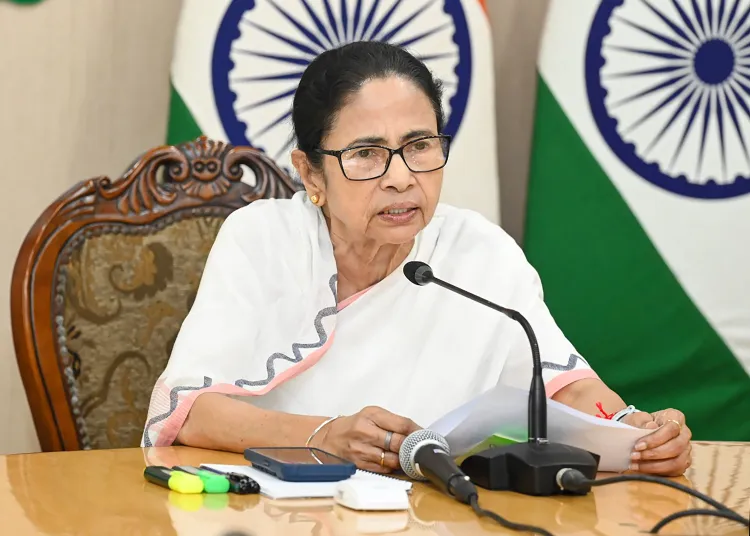
Synopsis
Key Takeaways
- Controversial Directive: The West Bengal government mandates that schools include CM Mamata Banerjee's books.
- Political Backlash: Critics, including BJP leaders, allege misuse of public funds.
- Educational Integrity: Academic associations are calling for the directive's withdrawal.
- Historical Context: Comparisons drawn to British colonial practices.
- Silence from TMC: The Trinamool Congress has not publicly responded to the controversy.
Kolkata, June 24 (NationPress) A recent directive from the West Bengal School Education Department has ignited significant controversy, as it mandates all state-operated schools to stock 19 books authored by Chief Minister Mamata Banerjee.
The Commissioner of School Education instructed all District Inspectors (DIs) to ensure that a total of 515 books, including the 19 written by CM Banerjee, be available in school libraries.
Amit Malviya, chief of the BJP's Information Technology Cell and the party's central observer for West Bengal, criticized the state government over this directive, alleging that even school children are not exempt from the “scam” under the Trinamool Congress rule.
“Yet another day, yet another TMC scam! In Mamata Banerjee's Bengal, even schoolchildren are not spared from corruption. In an outrageous and shameful act, government schools in West Bengal are compelled to acquire 19 books authored by Mamata Banerjee to qualify for a ₹1 lakh grant. Yes, you heard it correctly - public funds, intended for enhancing education and infrastructure, are now exploited to promote the Chief Minister's vanity projects,” stated Malviya in a post on his official X handle.
He argued that no student should be “punished with Mamata Banerjee's incoherent literary output,” claiming that this action is a misuse of taxpayer money meant to enrich the Trinamool Congress via “fake” book sales and “backdoor royalties.”
Malviya further questioned if this was a scheme to convert black money into white ahead of elections, accusing Banerjee of prioritizing personal and political gain over the future of Bengal's youth, who are already suffering from violence, unemployment, and political interference in education. “We will not remain silent. We will not allow TMC to exploit education. We will not let Bengal's future be bartered for propaganda,” he declared.
Various academic organizations in West Bengal have also condemned this directive.
Kinkar Adhikari, general secretary of the Sikshak Sikshakarmi Sikshanuragi Aikya Mancha (Unity Forum of Teachers, Non-teaching staff and Learners), urged the state School Education Department to promptly rescind this order.
He likened the directive to the historical demands made by the British Empire, which imposed conditions on the then vice-chancellor of the University of Calcutta, Asutosh Mukhopadhyay, for a financial grant. “Mukhopadhyay rejected their offer. Regrettably, we are witnessing a similar stance from the Trinamool government in independent India,” Adhikari remarked.
Throughout this controversy, the Trinamool Congress has remained completely silent.


